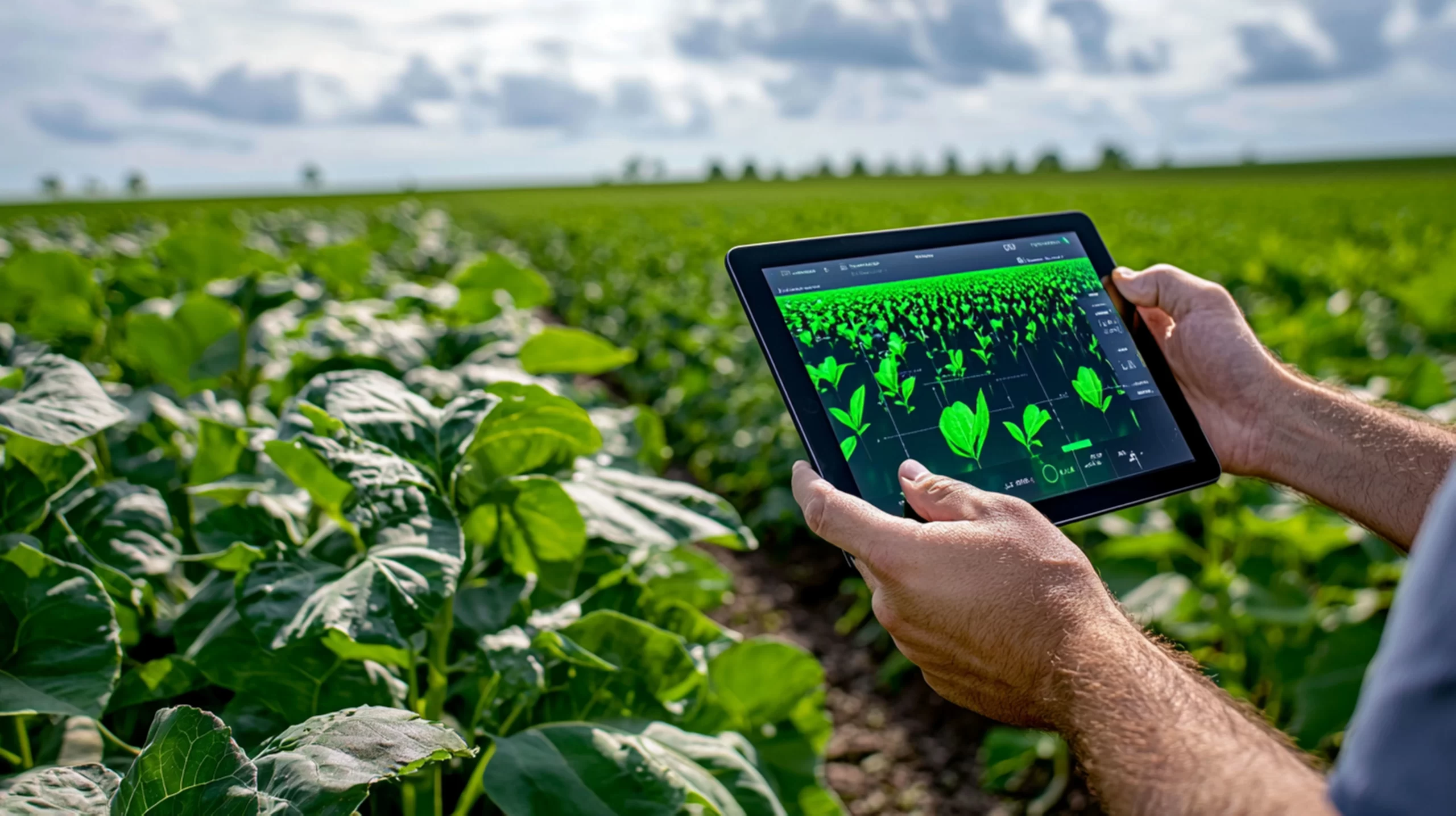Imagine a Future of Resilient Crops
Imagine a future where crops are OK with droughts, fight pests, and grow in less-than-ideal conditions. A world with far less hunger and no longer experiencing food shortages. Apparently, the future is closer than we realize, thanks to Dr. Jennifer Doudna’s remarkable study. One of Dr. Doudna’s most ambitious projects focus on rice, the world’s most important food crop. She’s introducing DNA from wild rice kinds to produce a crop that can withstand pests, and even grow in intense heat. It’s like super rice, ready to feed the globe. We are reimagining agriculture through the use of CRISPR, a powerful gene-editing approach.
Don’t wait for decades for crop resilience to be increased through traditional breeding. Researchers accurately alter plant DNA using CRISPR to increase its capacity to face harsh weather conditions, and even improve its nutritional value. In fact, CRISPR has the potential to raise agricultural yields by 20%, taking us one step closer to resolving global food hunger.
Planting the Seeds of Change – The CRISPR Revolution in Agriculture
It’s no secret that agriculture is suffering tremendously as a result of climate change. Farmers are battling an uphill struggle, with droughts, floods, and soaring temperatures threatening their harvests. However, the game is changing with the high tide of CRISPR. Just a few years ago, it would have been inconceivable to imagine a field of rice growing in soil that is saline and prone to drought. CRISPR has made it possible. The professor at the forefront of this movement is changing the way we feed the world as well as how we grow food. By 2030, CRISPR-engineered crops are expected to cut worldwide pesticide consumption by 50%, bringing both environmental and economic benefits.
Farming for the Future
CRISPR’s impact is more than simply science. It is about survival. We need to produce more food more quickly since the world’s food consumption is predicted to increase by 70% by 2050. We also need crops that can survive the planet’s most uncertain climate. For all the anticipated problems, the answer is CRISPR. CRISPR-engineered plants are already having an impact in areas where droughts have destroyed crops. Farmers now have hope where there was none before. In dry areas, genetically modified maize that was designed to resist drought produced a surprising 25% extra grain, based on recent research. These developments are helping to close the gap between what nature provides and what we need to live.
Addressing Global Food Security
Global food security is influenced more broadly by Dr. Doudna’s agricultural inventions. The United Nations estimates that 690 million people globally suffer from undernutrition as climate change makes food shortages more severe. This figure is expected to rise. CRISPR technology has the potential to drastically decrease hunger by developing crops that are more durable, productive, and less dependent on chemical fertilizers. CRISPR can increase agricultural yields by as much as 30%, greatly improving food supply in areas most impacted by hunger and poverty. This isn’t just about science. It’s about changing lives.
A Future Shaped by CRISPR
Dr. Jennifer Doudna’s work with CRISPR is about more than just changing plant DNA. It is about shaping the future of agriculture with the promise of future generations’ survival and well-being. As climate change continues to challenge traditional farming, innovations like these will be critical in helping humanity adapt. There are many options. The crops of the future, such as drought-resistant corn and disease-resistant wheat, are already being developed today. And owing to CRISPR, they will be smarter, stronger, and more sustainable than before.
Dr. Doudna has a crystal-clear vision of a society in which there is no hunger and the food that is placed on our tables is as solid as the farmers who provide it. She is creating a world in which hunger is a thing of the past through harnessing the transformative potential of CRISPR, not only experimenting with crops. With each breakthrough, Dr. Doudna is lighting the path to a sustainable and food-secure future, proving that innovation can indeed conquer hunger. As she aptly puts it, “CRISPR is a revolutionary technology that has the potential to change the world.” Together, we can cultivate a brighter tomorrow with one crop at a time.









